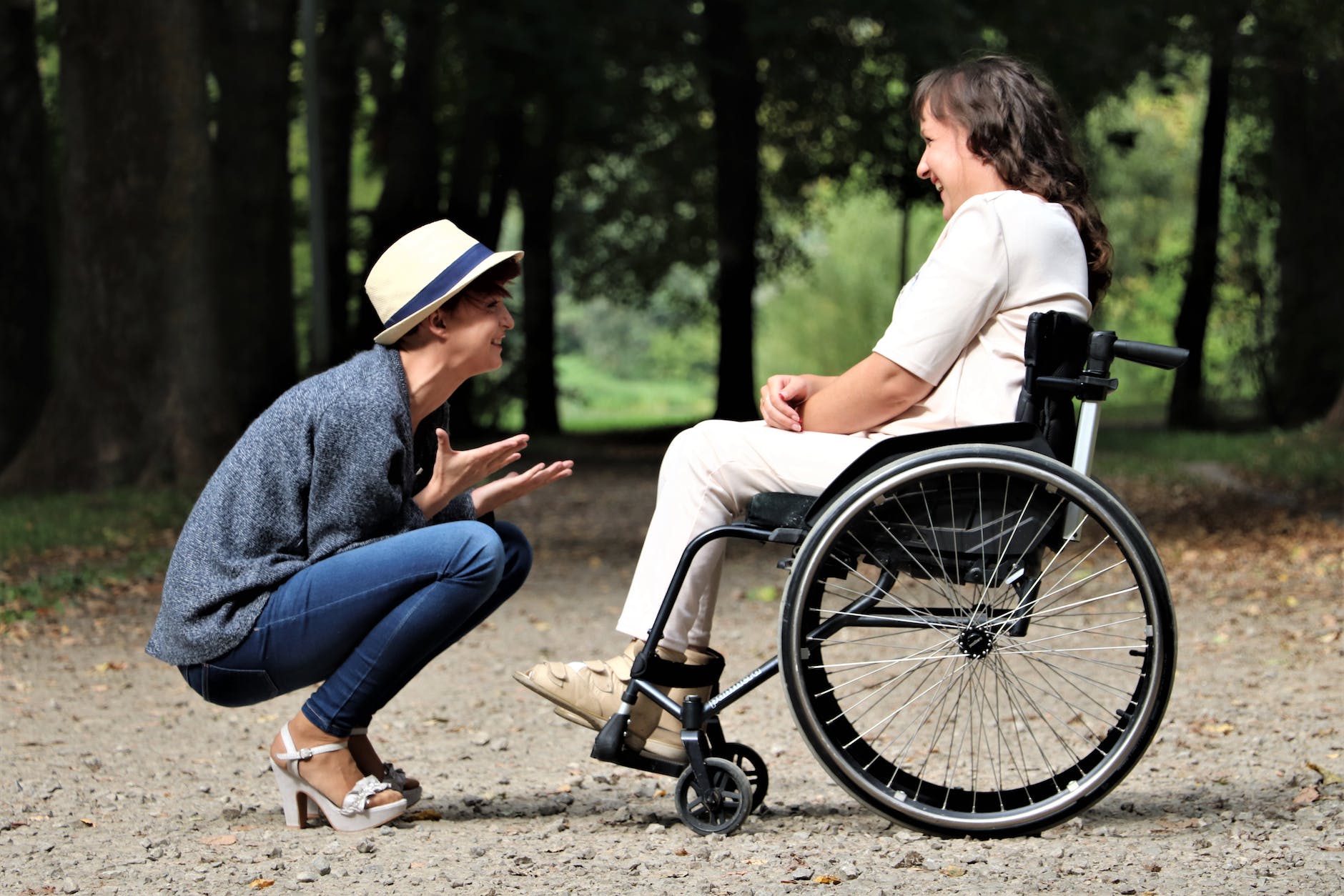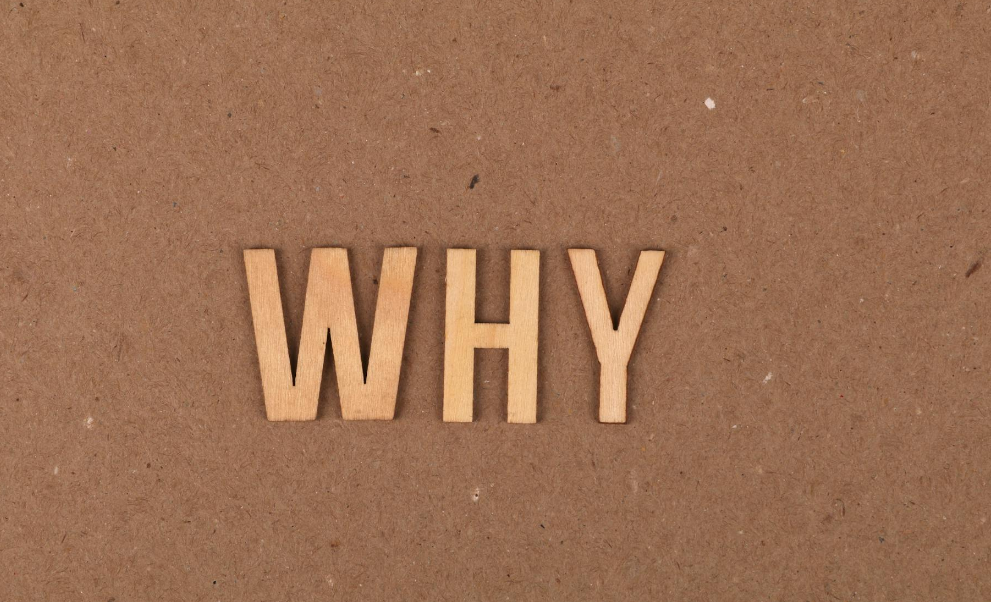What Happens When The Helper Needs Help?
Taking Care of the Caregiver
Taking up the role of a caregiver is a labor of love, commitment, and patience. Looking after the elderly is not just a matter of ensuring they get their medicines on time or are well-fed; it goes far beyond. It entails emotional and psychological support, understanding their physical constraints, and often, deciphering unspoken words.
The Weight of Caregiving
When one thinks of caregiving, we imagine it as a noble and selfless act. It indeed is. However, the emotional strain that comes with it is usually overshadowed by the beauty of this gesture. Over time, if not addressed, this strain amplifies and manifests itself as ‘caregiver burnout’.
Caregiver burnout is a debilitating state where physical fatigue couples with emotional and mental weariness. anxiety, depression, an overwhelming sense of helplessness, and a diminishing sense of self-worth are common symptoms. If we delve into what fuels this burnout, we find that the inherent nature of caregiving plays a central role.

Roots of Burnout
In their zest to provide the best care, caregivers often sideline their well-being. Their world starts revolving around the individual they are looking after. It’s not uncommon for caregivers to forego their hobbies, miss out on their routine health check-ups, or even neglect their mental health.
Another contributing factor is the undue pressure, sometimes self-imposed, of being the ‘sole’ caretaker. In some cases, family dynamics play a role. Families might unknowingly add to the caregiver’s stress, either by being overtly critical or by being indifferent.
Healing from the Inside
While the burnout is real and the consequences severe, there is light at the end of the tunnel.
- Self-care is paramount. As clichéd as it sounds, you can’t pour from an empty cup. Caregivers need to internalize this. Skipping meals, sacrificing sleep, or ignoring one’s health are not badges of honor. These are red flags! Incorporating simple activities like a brisk walk, meditation, or even taking out time to read can be rejuvenating.
- Lean on a support system. It’s essential to understand that seeking help or delegating tasks is not a sign of weakness. Friends, family, or even professional caregivers can be roped in to share the load.
- Draw boundaries. Learn to say ‘no’ when overwhelmed and ‘yes’ when someone extends a helping hand.
Remember, love and commitment are the foundations of caregiving. But to truly uphold these, one needs to be mentally and physically robust. By acknowledging and addressing caregiver burnout, we not only uphold the dignity of the caregiver but also ensure that the elderly receive the best care possible.
If this post resonates with you, feel free to like, follow, share it forward, and add your thoughts in the comments.
Discover more from mindstrengthorg.in
Subscribe to get the latest posts sent to your email.

Embracing the Unanswered Whys
Transforming Questions into Growth and Connection Life often feels like a complex puzzle, with pieces that.
Read More
The Lost Art of Common Courtesy:.
How Acknowledging Others Can Strengthen Relationships There was a time when good manners were not just.
Read More

0 Comments
As noble as it is to help others we must also look after ourselves. It’s important to indulge in some self-care when you’re a caregiver because you matter too.
Caregivers are always in the background so people have no idea how hard it is. Caregiving needs to be a national conversation as the population gets older. 🙂
So true
Sometimes the person who’s taking care needs the care!!
They are fighting endless battles, yet they show up with a smile
Yes , I feel it . So true.
Yes ,sharp analysis of issue of care giver of their physical and emotional health.
Thanks